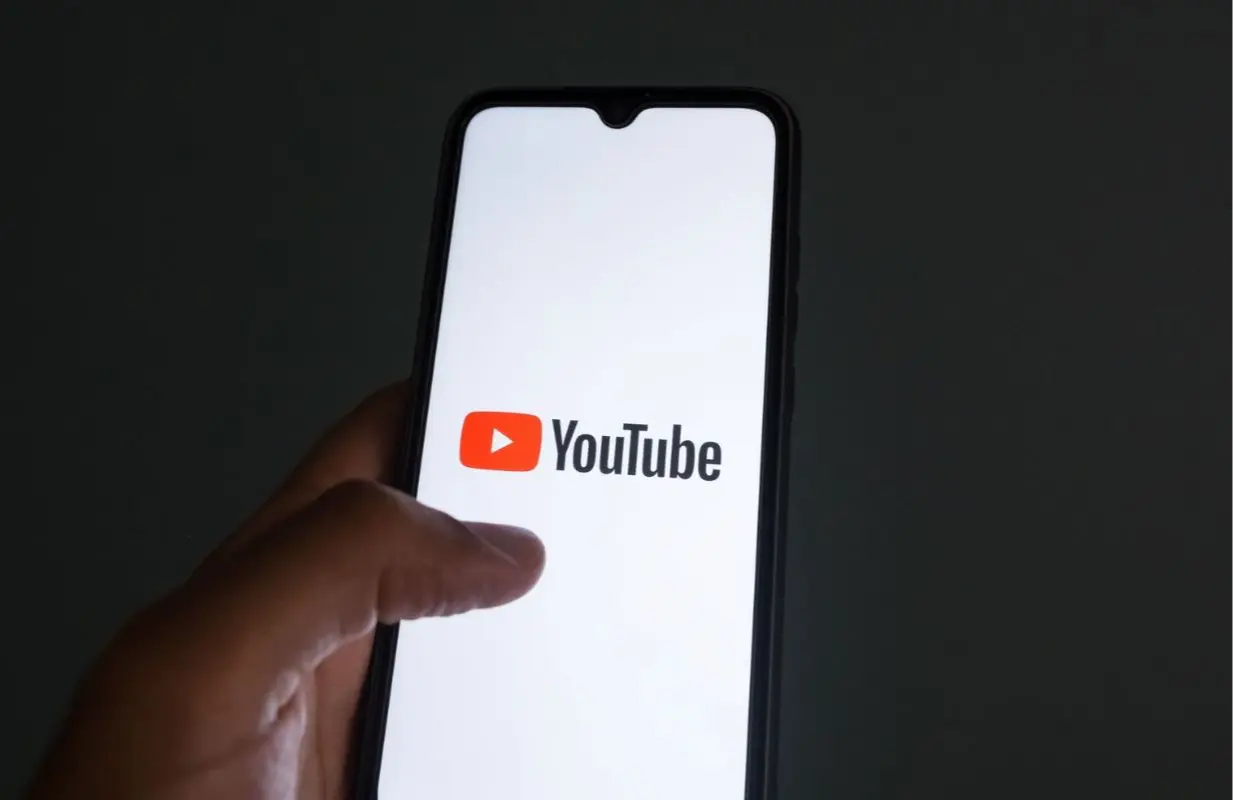Experts ring alarm bells as YouTube rolls 'creepy' AI-age verification tool in the US
-
 YouTube (Image via Getty)
YouTube (Image via Getty)YouTube announced the launch of its detect whether the user is a minor a few weeks back. Finally, the day has come when the tech giant is introducing the one-of-a-kind concept to the world and rolling it out for users in the United States.
According to a recent report by Dexerto, the platform is unveiling the AI tool on August 13. Starting with only netizens in the U.S., the decision to track users' age came under fire soon after its official announcement.
While most online surfers highly rejected the approach to identify when a YouTube user is under the age group of 18 years, many experts also commented on the plans and raised concerns by remarking it as "creepy."
This is about YouTube’s Ai Age Verification update. And it does not look good.#YouTube
— SonicXKillLaKill 2nd (AKA Super Mario Times) (@supermariot1m3s) August 12, 2025
[REDACTED] pic.twitter.com/K7fsOuuuVZFor readers who are unaware of the latest launch, the system uses artificial intelligence to assess factors like account age, watch history, search activity, and preferred video categories. By analyzing these data points, it builds a profile of user behavior, enabling more accurate predictions and perceiving the idea of the surfers' age.
How are experts reacting to YouTube's AI-age verification tool?
The video-sharing platform is assessing the personal information of users to ensure their age groups. As per Dexerto, people identified as teenagers will notice a change in their user experience as YouTube has revealed that it will automatically implement stricter protections.
These include limiting access to certain content, restricting personalized ads, allowing well-being features, and decreasing the appearance of "problematic" content in their profiles. The model aims to create a safer environment for younger users by curbing potentially harmful videos.
However, those who feel they have been classified incorrectly must go through an age-verification process. This can be done by submitting a government-issued ID, a selfie for verification, or using a credit card to confirm their age before normal settings are restored.
YouTube has begun rolling out their AI age verification system as of today.
— ToonHive (@ToonHive) August 13, 2025
It will determine whether viewers in the US is under the age of 18 or not based on the content they watch on the platform. pic.twitter.com/Dm8AYCLccxBefore the U.S., the AI age-detection tool has been implemented in other countries. Amid the news of rolling out in the country, breaking the internet, it has sparked strong backlash from digital rights advocates. Reportedly, groups such as the Electronic Frontier Foundation (EFF) and the Electronic Privacy Information Center (EPIC) argue the model poses privacy concerns.
Electronic Frontier Foundation's David Greene reflected on the system during a conversation with Ars Technica, as Dexerto cited, and noted that YouTube's lack of transparency leaves users uncertain about how their data will be stored or used. Greene also alerted that any leaks or breaches might have the potential to jeopardize individuals, particularly those who depend on online anonymity for privacy.
Suzanne Bernstein of the Electronic Privacy Information Center slammed YouTube, criticizing that it has not clarified the duration of storing the acquired data from the appeals process. She also raised her voice, pointing out how it is unclear whether the platform sells that information or when they delete the details. Additionally, she also labeled the monitoring procedure as "not privacy protective," highlighting how it could compromise sensitive personal information.
While noting down the flaws, Suzanne also reflected on YouTube's statement on not retaining information tracked from a netizen's "ID or Payment Card for the purposes of advertising." She believes that the platform intends to keep the information for "other purposes." Sharing her perspective on the age-monitoring tool, she further elaborated,
"The most privacy protective option involves retaining the least amount of information and certainly not sharing it with third parties, which is not something that YouTube here has promised to do."
On the other hand, several experts in the field highlighted that the Google-owned platform has yet to share information on the precision of its AI tool. Interestingly, no independent audits or academic evaluations have been conducted on it. The Dexerto report further confirmed that many top-performing models carry a two-year margin of error, risking misclassification of people coming under the age groups of 16 to 20 years old.
YouTube is rolling out its AI-powered age verification system today
— Culture Crave 🍿 (@CultureCrave) August 13, 2025
It will assess a user’s age based on factors including:
• Type of content watched
• Search activity
• Longevity of the account pic.twitter.com/4vVDUJouxTDavid Greene and Suzanne Bernstein argue that appealing the system forces users into difficult and "all bad" choices in the absence of strong U.S. privacy guidelines. This raises concerns, particularly when biometric information is required.
David condemned YouTube's new policy of the AI age detection system and called it "really bad and creepy." He also emphasized that a breach involving biometric data carries bigger consequences than typical information leaks.
- Logan Paul accuses “very rude intoxicated” SteveWillDoIt of belittling him on viral Impaulsive podcast
- What happened to Lilly Gaddis' YouTube channel? Streamer accused of racism claims she lost her "sole form of income"
- What happened to Brandon Buckingham? YouTuber's health issues explored as he battles in the ICU
- Who is Physical: Asia star Amotti? Everything to know about the former South Korean crossFitter